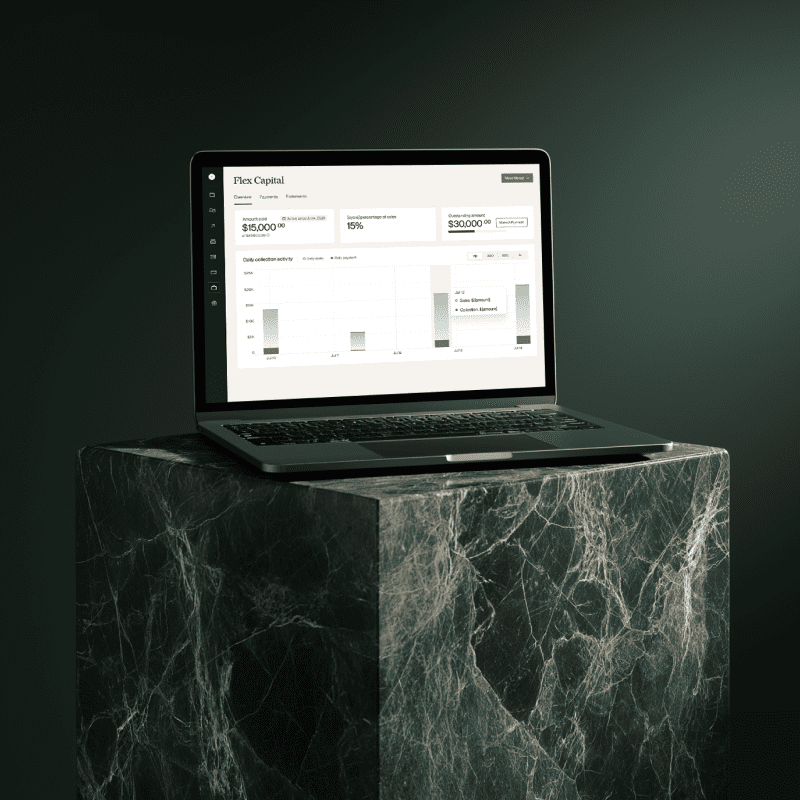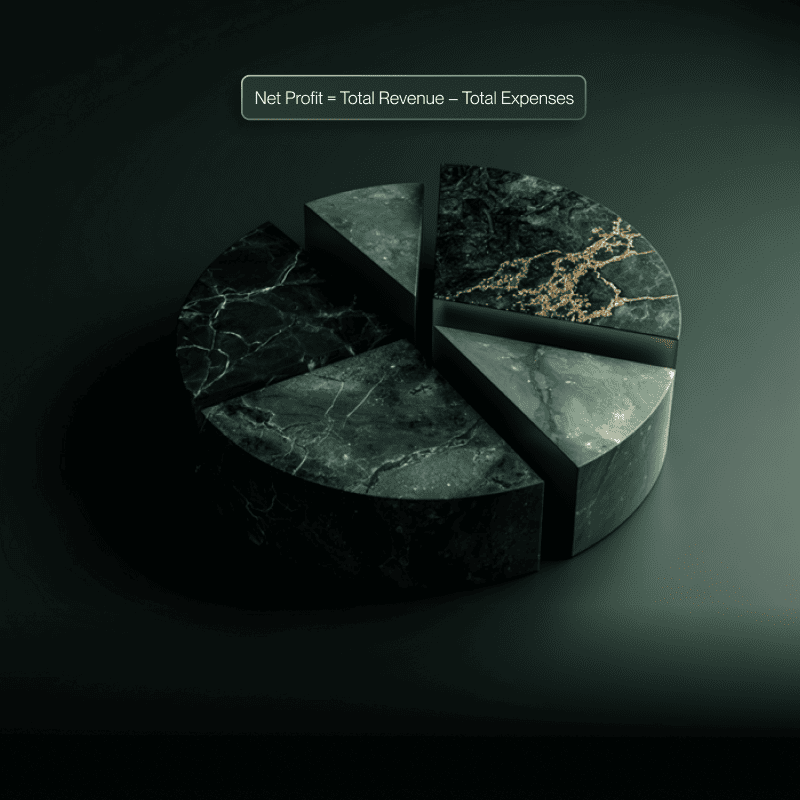Establishing Business Credit
The following article is offered for informational purposes only, and is not intended to provide, and should not be relied on, for legal or financial advice. Please consult your own legal or accounting advisors if you have questions on this topic.
Why You Need to Establish Business Credit
Many business owners don’t think about business credit until they need it. Personal creditworthiness (reflected in a credit score) is established quite easily through credit cards and loans. Business owners often overlook that a business entity, such as an LLC or corporation, needs to establish its own credit.
Without a business credit score, you might find it harder to obtain loans or other financing in the future. Fortunately, there are a few steps you can take to start establishing business credit and prepare for your future credit needs.
What is business credit?
Like a personal credit score, a business credit score reflects how well your business repays its obligations. Business credit is established primarily through loans and credit cards, though it can also reflect payments to vendors. Good credit shows potential creditors that your business responsibly repays its loans on time.
Business credit is separate from personal credit. Your business credit score doesn’t impact your personal credit score, and vice versa.
Why you should establish business credit
The stronger your business credit, the more financing options you’ll have when you need them. You might be extended credit cards with higher limits or loans with more favorable terms. You’ll also have more options from lenders who are willing to work with you if you have good business credit.
Good business credit also reduces a creditor’s reliance on personal guarantees. If you don’t have a good history of business credit, a creditor might require you to personally guarantee a loan or credit card. That means if the business is unable to make payments, the creditor would expect you to step in. For many business owners, a personal guarantee is a big risk.
Business credit also prepares you for future growth. While you may not need financing today, you don’t know what the future will bring. That’s why it’s important to establish good business credit before you need it. You don’t want to be limited by your lack of credit history.
How to establish business credit
You can start establishing business credit with a financial product like a credit card. However, unlike personal credit, there are a few extra steps you need to take.
Establish your business entity
Personal credit is tied to a person’s Social Security number. Business credit is tied to an entity, so the first step you’ll need to take is to form a legal business entity such as an LLC, a Sub S Corporation, or a C Corporation.
Once you’ve done this, you’ll apply for an Employer Identification Number (EIN) from the IRS.
Apply for a DUNS number
Once you’ve established your entity and received an EIN, you’ll register your business with Dun & Bradstreet. Dun & Bradstreet is the business version of TransUnion, Equifax, or Experian for personal credit scores.
When you register with Dun & Bradstreet, you’ll claim a D-U-N-S number. Banks and other creditors may check your Dun & Bradstreet score using your D-U-N-S number. If you have business credit, your credit history may be reported to Dun & Bradstreet.
Experian also has a business credit score, and some creditors may report your credit history to Experian. However, since some creditors may check your Dun & Bradstreet number, you’ll want to complete this step.
Open business accounts
To establish business credit, you’ll want to open a bank account and credit card under your business entity.
Business credit cards are a straightforward way to establish business credit. You can charge regular business purchases using the credit card and make payments to establish a credit history.
Additionally, using a business bank account and business credit card will protect your personal credit score. You’ll keep your business’s assets (cash) and liabilities (credit card) separate from your personal finances.
Use your business credit card
Over time, with responsible use, you can request an increase to your business credit card or apply for a business line of credit. These lay the foundation for future credit, such as working capital loans, a loan to fund a business investment, or other financing you need to support growth.
It can take anywhere from a few months to a few years to establish good business credit. It depends on timely payments, the amount of credit you use, and having more than one credit card or credit line reporting your credit history.
Supercharge your business with Flex
Once you establish business credit, you’ll want to monitor your credit reports regularly (through Dun & Bradstreet). That way, you’re aware of the strength of your business’s credit profile.
Learn more about how Flex can help your business move forward.

















.png)


.svg)